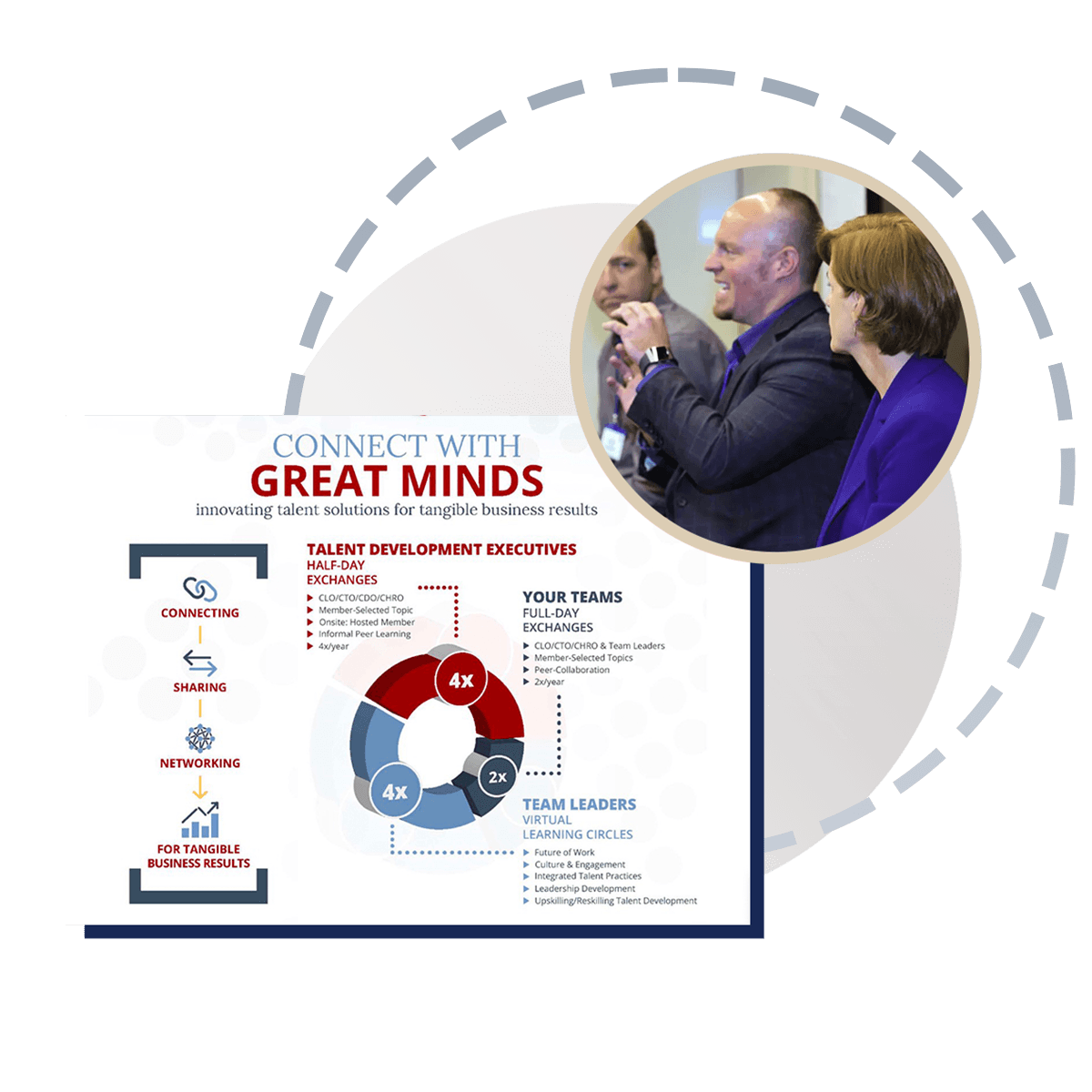- Better Talent Management
- Enhanced employee engagement
- Increased flexibility
 Source: Bersin 2022 HR Prediction[/caption]
Source: Bersin 2022 HR Prediction[/caption]
“You will be focused on skills in 2022 because your learning, recruiting, mobility, career, and pay systems all rely on it. Rather than defining skills differently in all these systems, the skills taxonomy creates a common language—the basis for your talent intelligence layer” - Josh Bersin, HR Predictions for 2022💥 How do you define skills? Is it the same as all the line leaders in your organization? ACCELERATING THE TRANSITION FROM JOBS TO SKILLS

“The skills-based organization is a new operating model for work and the workforce that turns talent management on its head, redefining and reimagining every talent practice to be based more on skills than on jobs, and redefining how work is organized so that skills can be fluidly developed to keep pace with work as it evolves―all in a state of perpetual reinvention” -- Deloitte.As a group, we will ideate on defining and putting into practice.
- What business and talent problems do we want to address?
- How will we prioritize them?
- What are the key dependencies?
- Who are the key stakeholders?
- What’s already happening in the company that we can learn from and build on?
ELE's Chicagoland cohort for DEI, Talent & HR Executives is a year-long learning process through face-to-face collaboration and networking with other local heads of Learning & Talent Development. Each senior leader is encouraged to bring a peer from their organization that contributes to, engages, or supports the Learning & Talent spectrum for their workplace. Our quarterly cohort exchanges use the following design elements:
- Sharing practical case studies aligned to business needs
- Identifying key issues and developing insights and solutions
- Canvassing learning industry trends applied at ELE members’ workplace
